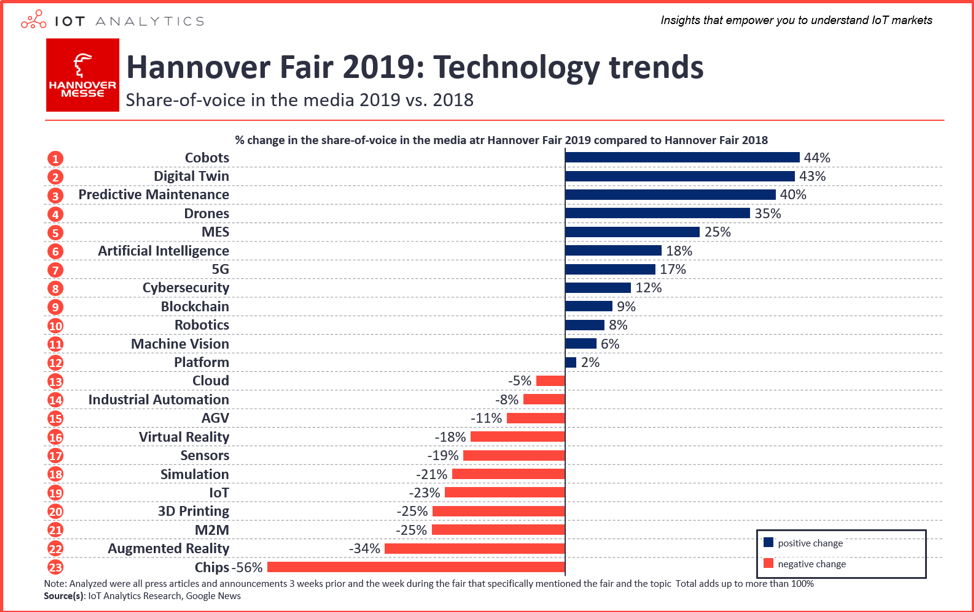An essential goal of continuous improvement is quality control through the reduction of rejects.
The most common costs of quality issues are time, materials, and money. While these are three main categories, they are just the tip of the iceberg. People usually underestimate the cost of rejects, and the impact is bigger than it seems. Here, we'll break down the different costs of rejects into three main categories.
Time
Quality control issues impact the company's use of time in various ways.
- Problem-solving: Dealing with rejects amid a crisis is costly, inefficient, and eats up unnecessary time. Having a plan in place for such situations is crucial.
- Rescheduling materials: If production rejects can't be fixed, additional raw materials may be needed. Ordering and rescheduling take time, potentially causing delays in the job.
- Labor: Repeat set-ups and processes because of quality control issues require additional labor, adding long-term costs.
- Delivery schedule: Production rejects force the delivery schedule to be redone. Timely completion is crucial for customer satisfaction and retention, making it vital to total quality management.
Material Waste
When a product is found to be defective and cannot undergo rework, there is an additional use or purchase of raw material. This also often entails restarting the manufacturing process from the initial stage. Alternatively, if the defective part can be reworked, the production process may be shorter, still incurring time and labor costs, yet resulting in a reduction of wasted material.
Financial Loss
Both time and material play into the financial cost of rejects. This is perhaps the most tangible cost, as profitability is a concern for most manufacturing companies.
As seen above, the true costs of rejects are much more than just time, material, and money. The multiple costs of rejects, categorized into three broad groups here, all impact one of the most important factors: customer service and customer satisfaction.
A high-priority goal of most manufacturing companies is to maintain customers by delivering the highest quality product within the scheduled time. The multiple costs of rejects all play a role in whether the company can achieve this goal. For this reason, reducing rejects and taking preventative action such as implementing a quality assurance and total quality management program is crucial to a successful manufacturing process.
Continuous improvement and lean manufacturing is at the heart of Worximity's products and services. Our manufacturing technology provides organizations with the ability to monitor and manage quality issues so they can avoid unnecessary losses. Learn more by talking to one of our experts.
















